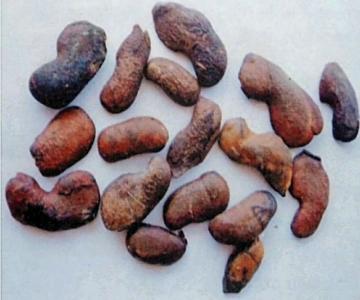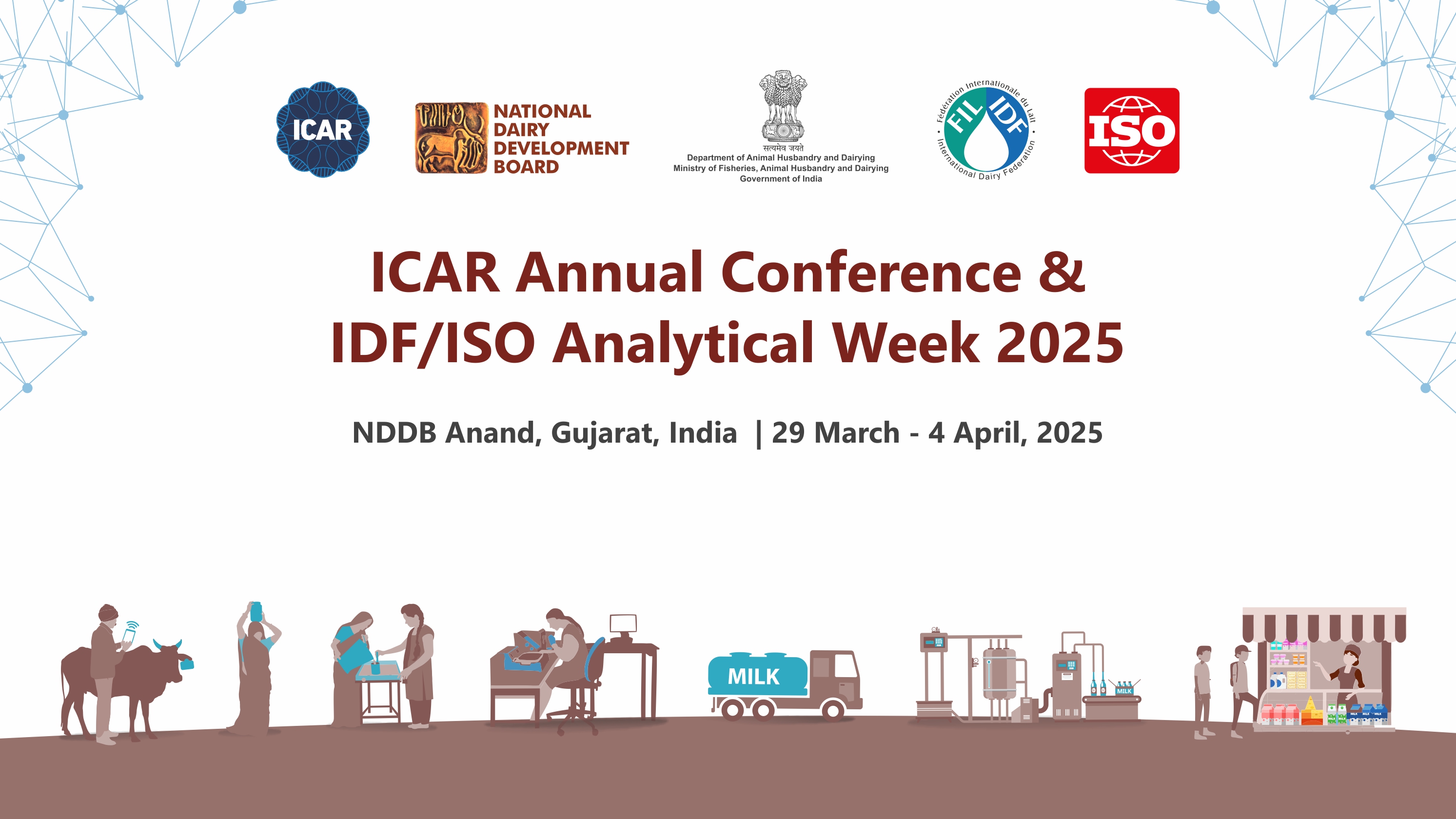
Mango seed kernel (Mangifera indica)
Common name: Mango
Local names: Hindi: Aam Manipuri: Heinou Tamil: Ma Telugu: Mamidi Malayalam: Mangga
Kannada: Mavinamara Marathi: Amba Konkani: Ambo
It is a large spreading tree that is native to tropical Asia but cultivated in most tropical countries. The round or oval fruit is somewhat flattened and can weigh up to 0.5 kg. In the centre of fruit, there is large fibrous flat seed containing a kernel. The kernels constitute about 15% of the weight of the fruit and may well be used for livestock. Mango seed kernel is a waste product of mango fruit canning industry. It is available after extraction of juices from mangoes or from the leftover of fruits after the same has been consumed by human beings. Mango seed kernels are available to the
tune of 1 million tones annually in India (Punj, 1988).
Nutritive value: Mango seed kernel is a poor source of protein (6% CP).The TDN content is 55%.
Deleterious factor: Mango seed kernels contain high level of tannins (5-6%). Therefore, its more use in animal feed may affect growth and health of animals.
Inclusion
Mango seed kernel is palatable to the animals. The kernels can be incorporated up to 10% level in the concentrate mixtures of milch cattle (daily milk yield 8 kg), (Punj, 1988). Mango seed kernels can be safely used up to 20 and 40% level in the ration of growing calves and bullocks, respectively (Talpada et al., 2002). Ruminants can tolerate concentrates with up to 50% mango kernels without adverse effects (FAO, AFRIS).
